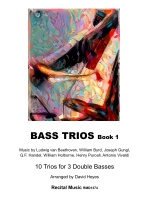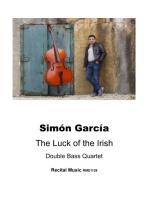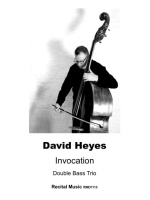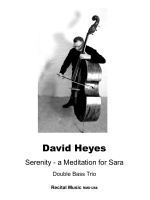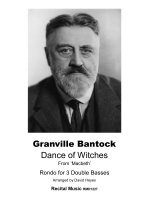Your basket is currently empty!
The Last Poppy
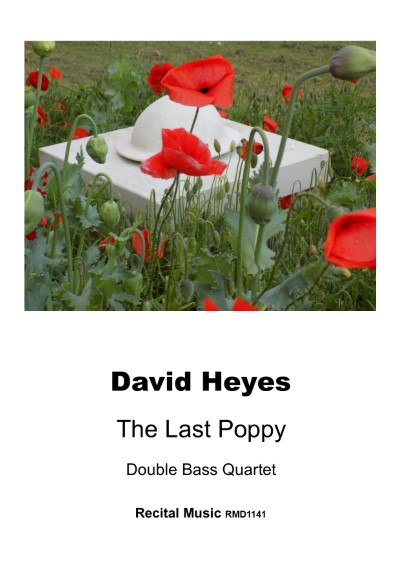
Description
The Last Poppy, originally for Double Bass, Trio, was inspired by the amazingly evocative poppy installation Blood Swept Lands and Seas of Red at the …Tower of London in 2014. Created by artists Paul Cummins and Tom Piper, 888,246 ceramic poppies progressively filled the Tower’s famous moat, each poppy representing a British military fatality during the First World War. David Heyes writes: “More than 4 million people visited the poppies and my third visit, a few days before 11 November, was at 6.30am and just as the City of London was awakening. The site was almost empty and there was an eerie stillness that enhanced the beauty and poignancy of the poppies and what each one represented. Driving back to Somerset a few ideas emerged and the form of the trio slowly took shape. The slow introduction, with its solemn and slow moving melody is set against a high harmonic drone, evoking the stillness of the early morning as London slowly awoke. The soloist then becomes the accompanist providing a grounding drone contrasting the more lyrical melodies, played in thirds, as the drama and futility of war is evoked with simple and evocative textures and themes. The final section played entirely in harmonics, is gently unsettling as bass 3 challenges the melodic unity of the other basses, the music gently fading into the distance as a few notes of the Last Post are heard in the far distance. A brief silence is broken by a strong and positive D major chord, in six parts, which offers a chord of hope and reconciliation.” The Last Poppy was premiered on 31 January 2015 at Wells Cathedral School (Somerset, UK) and received its US premiere on 12 April 2015 at The College of New Jersey (Ewing, New Jersey).
R.R.P £8
Our Price £6.8
